Certification
Our Certification process validates the safety of women’s health consumer products against our rigorous Vaginal Biome Science verification standards.
Our certification ensures that products genuinely support and maintain vaginal microbiome health, helping consumers differentiate safe, effective options from misleading claims.
We offer testing services to manufacturers and brands aiming to demonstrate their commitment to women’s health and product integrity.
Our verification process involves assessing product formulations against our established scientific criteria, confirming their compatibility with vaginal microbiome stability.
Achieving our verification leads to a product certification seal, a recognizable mark of quality and reliability.
If you are interested in having your products tested and verified against our Vaginal Biome Science standards, please complete the form below so we can discuss your specific needs.

OSMOLALITY
An under-recognized promoter of BV is the use of personal products that are no iso-osmolar to the vagina. Normal vaginal osmolality is at 290mm to ~300 mOsm/kg using products that have the same osmolality protects vaginal skin from damage and inflammation.
VAGINAL PH
Vaginal acidity is important for the maintenance of vaginal health. Vaginal acidity is thought to be produced by the anaerobic metabolism of glycogen to lactic acid. The contribution of vaginal acidity to reproductive health is becoming increasingly understood. The role of lactobacilli in the acidification of the vagina suggests that whenever possible, the normal vaginal microbiota should be maintained during the course of clinical treatment for STI and other disorders.
SUPPORTING LACTOBACILLI
Lactobacilli produce lactic acid, hydrogen peroxide, and bacteriocins which suppress harmful bacterial overgrowth. A healthy lactobacilli balance in the vagina serves as the first line of defense against BV and dysbiosis. Lactobacilli also metabolize vaginal glycogen to produce lactic acid and keep vaginal pH in the healthy acidic range between 3.8-4.5.
Interested in Certification?
Fill out the form below, and we’ll get in touch to discuss how we can help verify your products.
